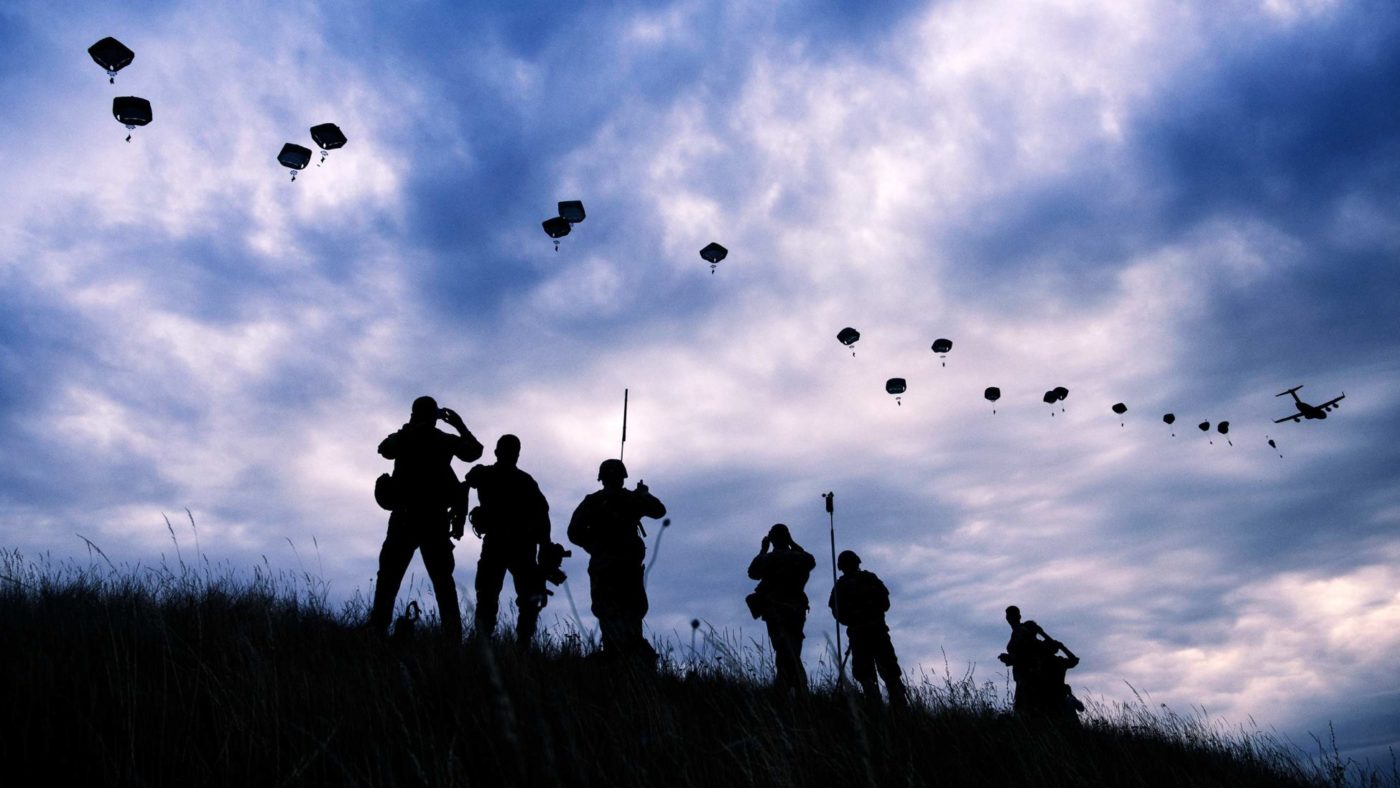Donald Trump’s transactional approach to business is mirrored in his approach to foreign policy. How else to explain why, last week, he raged against the G7 and embraced North Korea? The President seems bent on alienating America’s traditional allies and emboldening American’s traditional enemies.
This is the situation facing NATO as it approaches its summit in Brussels at the beginning of next month. There are fears among senior officials that Trump will use the gathering as an opportunity to rampage against Europeans and Canadians over trade deals and levels of military spending. If he refused to endorse the end-of-summit declaration, it would leave the alliance in tatters.
Fortunately, those around Trump know how important NATO is. James Mattis, the US defence secretary, is a committed Atlanticist. John Bolton, national security advisor, has called the alliance “the most successful political/military alliance in human history”. Christopher Cavoli, the recently-appointed head of the US army in Europe, is a Europhile; born in Germany, he speaks Italian, Russian, and Spanish.
Nevertheless, the US commitment to European security is being questioned. True, unlike during the Cold War, US regular forces are not permanently based in Europe. But they are here on rotating deployments. Last year, some of the heavy armour – helicopters, tanks, and the like – withdrawn from Europe in 2013 returned to the continent. The Second Fleet, disbanded in 2011 as a cost-saving measure, is being re-formed in response to Russia’s increasing activities in the North Atlantic. Congress has more than doubled its budget allocation for its European Deterrence Initiative.
Despite what Trump may say, NATO itself is in good shape. Across the alliance, defence spending has stopped falling; Vladimir Putin’s actions over recent years have opened eyes, stiffened spines, and unfastened purse strings. In most countries it is increasing, albeit slowly. Although only four of the alliance’s European members currently meet the self-imposed target of 2 per cent of GDP – the UK, Estonia, Poland and Greece – another four have committed to reach this level by the end of the year.
The security of the Baltic states – the alliance’s most vulnerable members – is improving. In Estonia, a British-led force is deployed. In Latvia and Lithuania, Canada and Germany are leading deployments respectively. Further south, the US is leading a NATO force in Poland. In total, 25 national armies are represented across the four countries. These trip-wire deployments are small, but they are intended to deter a potential Russian attack rather than defend against one.
And more good news is on the way. As Admiral James Foggo, commander of US Naval Forces Europe and commander of Allied Joint Force Command Naples, said in Parliament last week, NATO is expected to announce a “30-30-30-30” readiness plan at the Brussels summit. This will ensure that the alliance can muster 30 battalions, 30 fighter squadrons, and 30 navy ships in 30 days to reinforce frontline troops.
In the autumn, NATO will hold its biggest exercise in recent years. Trident Junction 18 will involve 40,000 troops from each of the 29 member states plus partners Finland and Sweden. Taking place in Norway, the exercise will be based on an Article 5 (collective defence) scenario. For their parts, both Finland and Sweden are increasing their defence spending, levels of readiness, and ties with the US.
Politically, however, NATO is fracturing. Trump’s rhetoric over burden-sharing is rattling nerves, but he isn’t the only reason for this. In Italy, a new populist government seeks better relations with Russia. Greece and other southern members of the alliance are concerned NATO pays too little attention to the migrant crisis. There are doubts — perennial though they may be — about whether some members would go to war in the event of a surprise Russian incursion into the Baltic states.
One person who understands this situation better than most is Putin. He will be hoping Trump leaves the summit still convinced that NATO is, in the US President’s own word, “obsolete” – a message he will reinforce in person if a meeting between the two goes ahead in Vienna later this year as rumoured.
But just as Western governments have spent the last four years emphasising that “Russia” is not coterminous with “Putin”, so too is it important to recognise that “NATO” is not “Trump”. Despite the US president’s rhetoric, the US commitment to European security at this time of Transatlantic uncertainty is unquestioned.


